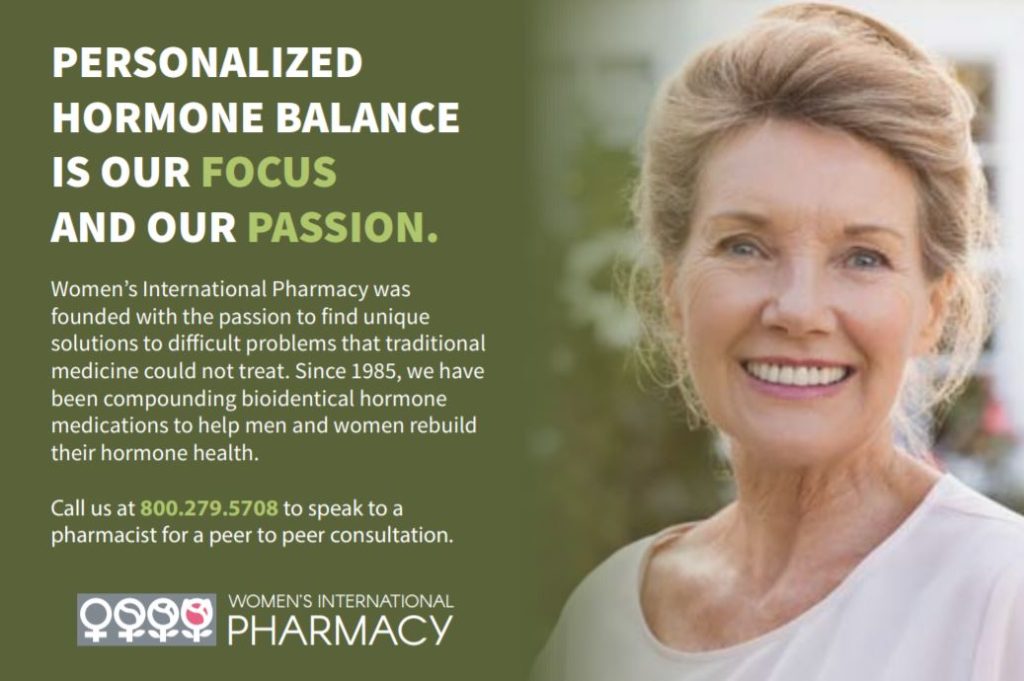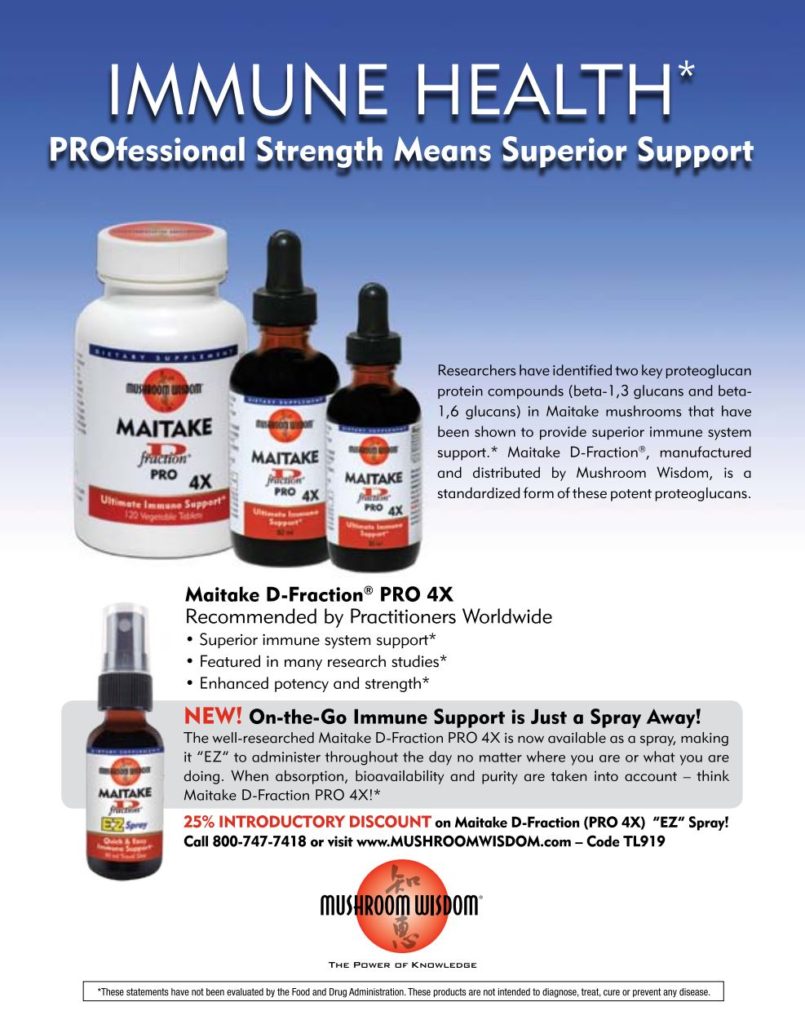
…article continued:
* * * * * * *
A few weeks later, the stock market crashed on September 29, 2008, and an air of panic spread through New York City. Consumers all over the United States worried about their savings, their pensions, their mortgages, their jobs, and how they could make ends meet. People doubled up on housing. Young adults lived in their parents’ basements. More homeless appeared on the streets. People everywhere tightened their belts and spent less. Many who had wanted to become Gonzalez patients, held off, due to the out-of-pocket expense. Once again, Nick thought he might just have to close his office.
But Congressman Burton wouldn’t let Nick nor the case rest. On October 31, 2008, Burton, dissatisfied with the progress of the government investigations thus far, wrote to the Inspector General Daniel R. Levinson of the Department of Health and Human Services, the official with the power to authorize investigations of institutions and individuals engaged in government-sponsored research. Burton summarized the history of the study, then requested the IG open a formal evaluation of the trial’s management.
In the meantime, fired up again, Nick arranged a meeting with Dr. Josephine Briggs, the new director of NCCAM in Bethesda, and a date was set for December 12, 2008. Nick hoped to brief her on all the many snafus in the trial, the OHRP report, and the managerial problems that had derailed the study. Nick also asked to bring along his patient in the Washington, DC, area who had accompanied him to the meeting with Senator Harkin.
While preparing for the Briggs meeting, Nick received a letter from Dr. Dahlberg, the director of the Office of Research Integrity, a division of the U.S. Department of Health & Human Services to whom he had appealed in 2006. The ORI reported that Nick’s concerns about the consent process, the changes
in protocol, and the conflict of interest did not fall within the department’s legal jurisdiction. Nick shook his head. He couldn’t understand what he was reading. Where else was he supposed to go with these concerns?
Tap, tap, tap. Nick began again, drafting a 16-page letter to Dr. Dahlberg. Once more, Nick outlined, then carefully documented all the areas of concern, from the Columbia team’s attempt to publish the article about the trial, to Dr. Chabot’s false statements in the article that Nick had withdrawn from the study, to Dr. Chabot’s inappropriate down-staging of five nutritional patients. Nick bundled up the material and sent them off to Dahlberg, settling down for what he assumed would be another long wait.
On December 12, 2008, Nick, accompanied by his patient, pulled open the heavy glass door to the NCCAM headquarters, located on the sprawling NIH campus in Bethesda.
“I was not aware of all these issues in your clinical trial,” Dr. Briggs told Nick, sitting across from him at the table. Dressed in a smart dark suit, her blond hair parted on the side, gold earrings accenting her rounded face, Dr. Briggs was a pleasant, open-minded person who graciously discussed Nick’s problems with the study. “No, I’m afraid I haven’t been debriefed about your study. But I hope that we can all look forward instead of backwards from now on.”
Nick explained out the basic protocol of the study, and Dr. Briggs did agree that clinical studies investigating nutritionally based treatments for disease required a more flexible design.
“I don’t think a simplistic comparison of Drug A to Drug B format would be suitable for evaluating your program.”
Briggs then became intrigued by Nick’s patient’s story. She listened carefully to his tale of recovery from cancer through the Gonzalez program.
After forty minutes, Briggs concluded the session by turning to Nick and saying, “I hope that you will be willing to share your experiences with others at NCCAM and NIH, so that we might all learn from the mistakes made during your eight-year effort.”
Several days later Nick wrote to Dr. Briggs thanking her for the meeting and enlarging on some of the points they had discussed. On December 30, 2008 she wrote back, thanking him for coming down to Bethesda:
I very much enjoyed our conversation. It is clear to me that you have a deep commitment to your patients and to exploring innovative methods to help with this terrible disease.
She then said that NCCAM was beginning its strategic planning process, and in the future, she would invite Nick to come and share his thoughts on how they might conduct clinical trials more effectively.
Nick replied that he was most willing to return to NCCAM and share his experiences with her staff.
But he never heard from Dr. Briggs again.
In late January of 2009, Inspector General Levinson wrote to Congressperson Burton. Levinson informed Burton that he had referred the concerns about the clinical trial to their Office of Investigations. Burton’s staff told Nick that she thought this a good sign as the Office of Investigations, with limited funding, only pursued a small number of complaints.
Dr. Dahlberg’s letter came next on February 2, 2009, responding to Nick’s 16-page letter and supporting documents:
The Division of Investigative Oversight (DIO) within the Office of Research Integrity (ORI) has received your letter of November 24, 2008. While your letter contains information that could lead to an inquiry into research misconduct, that inquiry and the related fact finding must be conducted by the institution.
So now we’re going around in circles again, Nick thought. I’m to go back to Columbia? Columbia who was supposed to have investigated the trial for the OHRP? Columbia whom Nick hadn’t heard from in two years? Even after he had written to them about the aborted attempt to publish the JAMA article?
“Babies,” he said to Mary Beth that evening. “Babies, Babies, Babies. I’ve been sent on another wild goose chase.”
After dinner and mulling over Dahlberg’s letter for a while, he finally decided no, he wasn’t going back to try to appeal to Columbia. He would leave the matter in the hands of the Inspector General.
Nick slumped down in front of the television set and yelled at Bill O’Reilly.
Click to visit:
The Maverick M.D.
– Dr. Nicholas Gonzalez, and His Fight for a New Cancer Treatment







